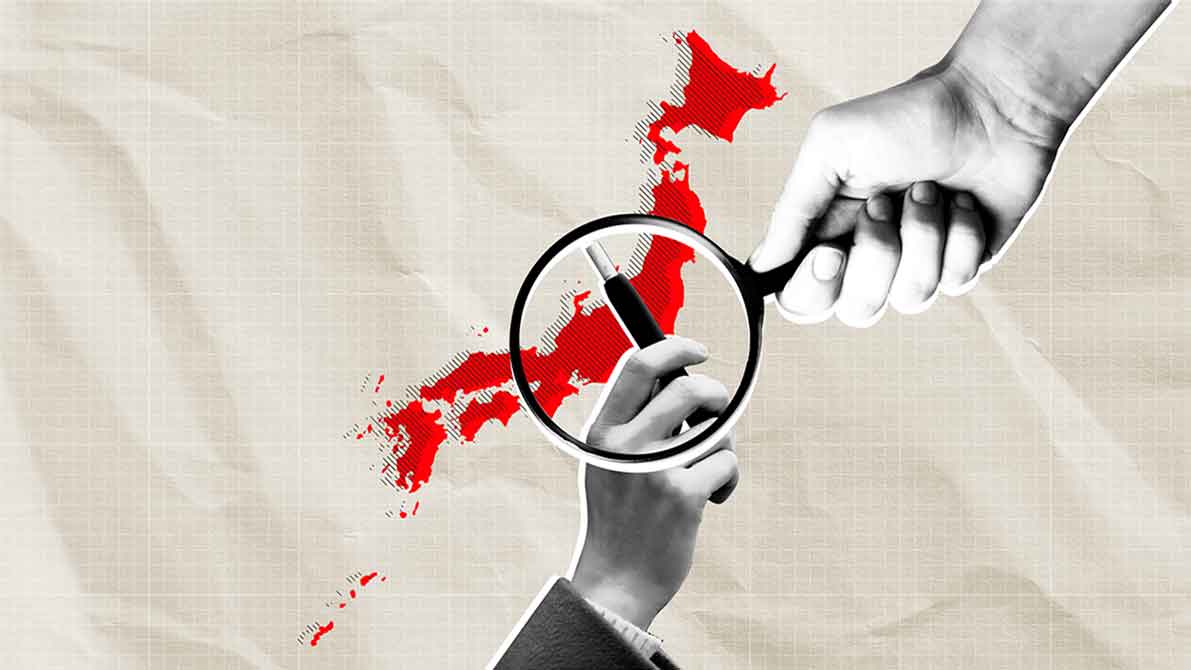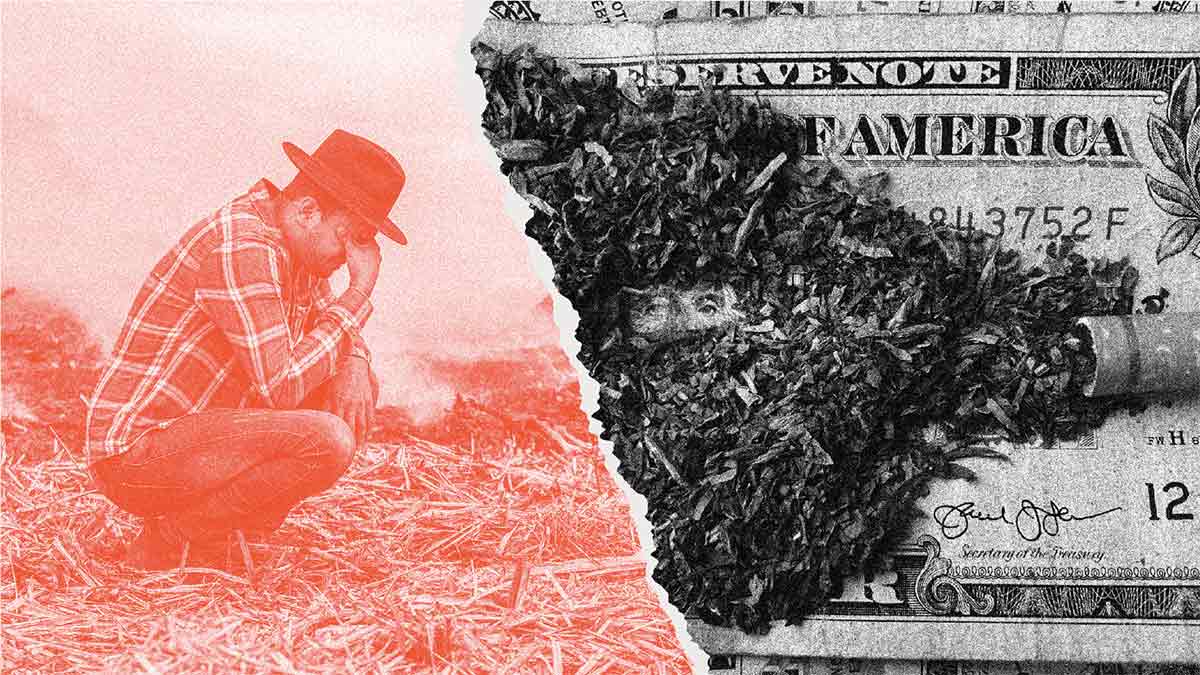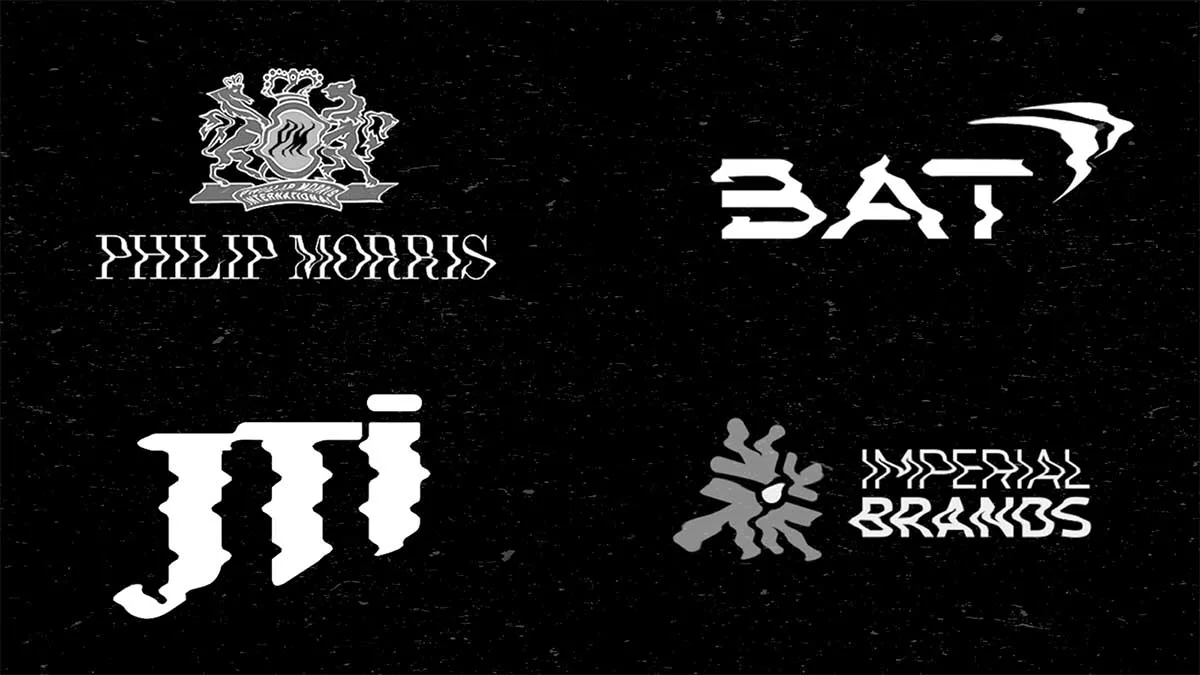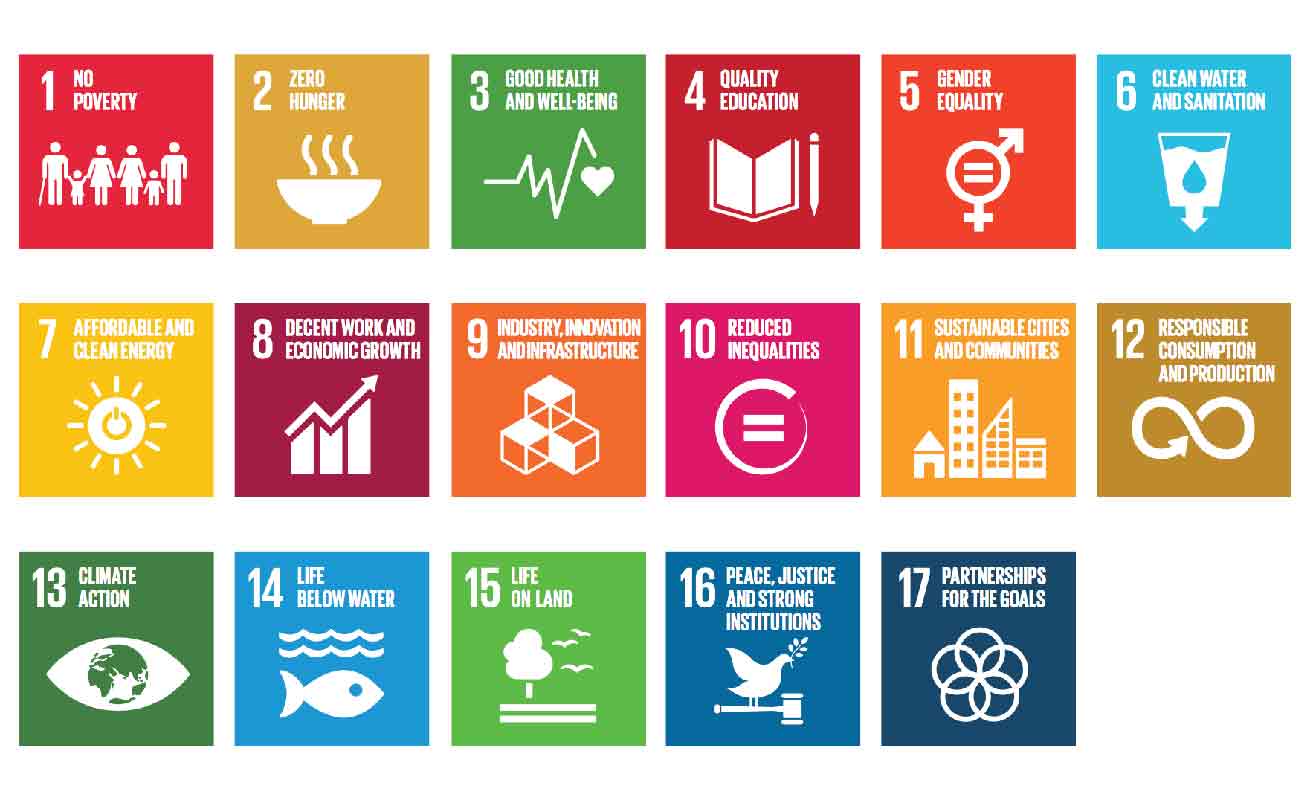- Resources
- News
-
-
Now Accepting Grant Funding Applications
Ready to tackle industry interference? Apply by February 25.
-
Get Email Updates
Sign up for STOP's emails and never miss an update on our latest work and the tobacco industry's activity.
-
Share a Tip
Do you have information on tobacco industry misconduct in your country? Let us know.
-
Now Accepting Grant Funding Applications
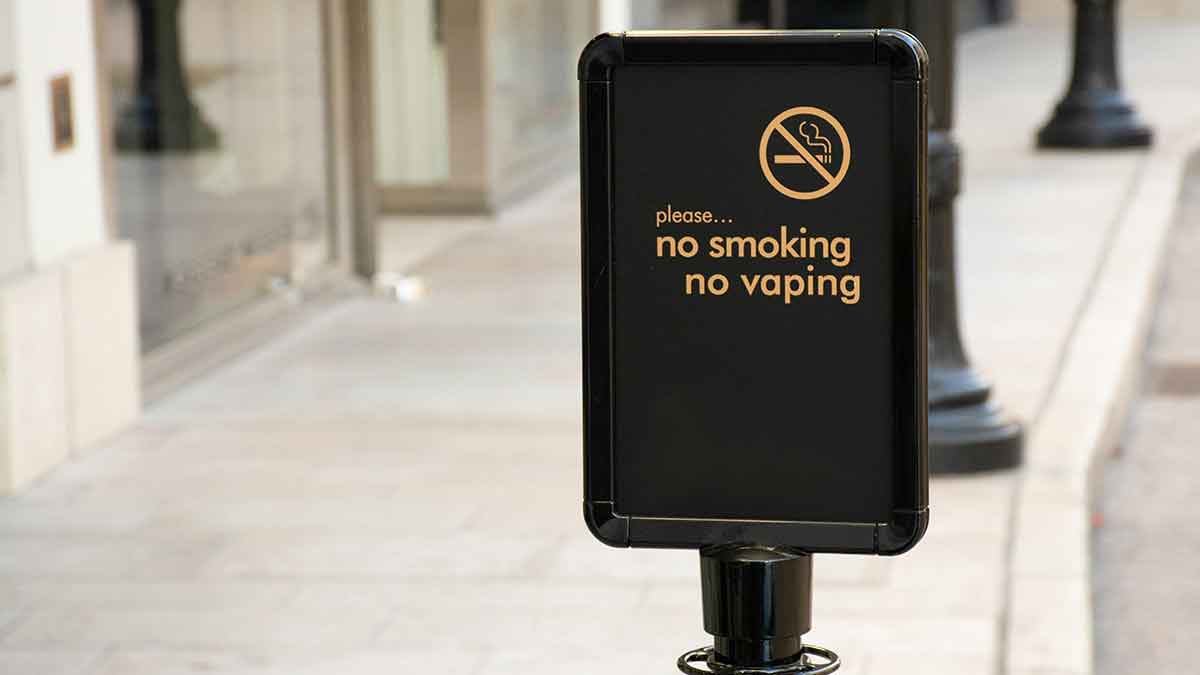
It’s been a big year for tobacco control, with major policy wins in Viet Nam and Brazil. It also was a momentous 2024 for exposing the tobacco industry as it seeks to undermine policy, build influence and addict more people to its harmful products.
Tobacco control advocates played support roles in securing $1 million in government funds for campaigns on Bangladeshi state television encouraging passage of a pending tobacco control amendment and in helping facilitate passage of an Indonesian law banning smoking and vaping in many public places, among other protections.
More triumphs came when the public health community pushed back against tobacco companies, exposing their duplicitous tactics and inappropriate relationships. Here are four victories that diminished industry influence and protected citizens:
Countries acted to protect people, especially youth, from addictive products
The Vietnam Tobacco Control Fund helped launch a campaign touting the importance of increasing tobacco taxes and banning emerging new products. National media picked up on the importance of these measures and cited the STOP and World Health Organization report, “Hooking the next generation,” in educating lawmakers on how the industry uses designs and marketing that appeal to youth.
In November, the National Assembly voted to ban electronic cigarettes and heated tobacco products (HTPs), deeming them harmful to health. Beginning in 2025, the government will implement a ban on their production, import, storage and use. Communication campaigns are planned to continue educating the public.
Similarly, strong support from tobacco control advocates helped in the passage of a Brazilian resolution reaffirming a ban on the import, sale, production and advertising of electronic nicotine delivery systems (ENDS).
Media rejected industry-sponsored events and education
When The BMJ broke news that Philip Morris International (PMI) was sponsoring educational content on Medscape, a leading health information website, public health advocates demanded answers and gathered evidence of similar deals, including in South Africa and Gulf countries, to demonstrate a wider trend.
The Examination collaborated with The BMJ, finding Medscape had accepted $2.9 million to deliver “the PMI Curriculum,” including podcasts and a “TV-like series.” Medscape terminated the deal, acknowledging its “misjudgment,” discontinuing the courses and promising to never again accept money from the industry or its affiliates. The Guardian later introduced the story to mainstream media audiences with a headline declaring experts had labeled the sponsorship “grotesque.”
Months later, Economist Impact (owned by The Economist magazine publisher) canceled its world cancer series after speakers pulled out of the event because of its ties to PMI and Japan Tobacco International (an investigation later revealed ties to British American Tobacco, too). The Economist Group issued a statement saying its events division would no longer accept “new work” from tobacco companies.

PMI’s engagement of Medscape was not an isolated occurrence but rather is part of a global campaign.
The BMJ
Advocates exposed PMI tactics aimed at gaining favorable government treatment
Tobacco control advocates have long distrusted industry claims regarding a “smoke-free” future, understanding this is a ruse to sell ENDS and other products. PMI, in particular, claimed IQOS, its HTP, is for adult smokers trying to quit. Leaked documents confirmed advocates’ skepticism: Philip Morris Japan’s (PMJ’s) 2019 business objectives included growing its “reduced-risk product” business and manufacturing widespread support for IQOS.
Independent research has contested IQOS’ “smoke-free” claims, as well as claims IQOS reduces the risk of death and disease. Yet leaked documents show PMJ covertly funded research and paid a consultancy to conduct science-adjacent work, build relationships with key scientific leaders, and leverage academic events to promote industry messaging.
In Colombia, tobacco control advocates also worked to expose industry tactics. Notably, Fundación Anáas alerted partners to PMI funding a trip to Switzerland for parliamentarians. Lawmakers later backed out of the travel, and Colombia subsequently passed an amendment treating e-cigarettes like traditional tobacco.
A cigarette giant was pressured into giving up a conflict of interest
When PMI purchased Vectura, a maker of inhaled medicines and devices—saying it was transforming into a “broader health care and wellness group”—controversy ensued. Tobacco control advocates were quick to highlight how PMI’s tobacco products are responsible for many diseases necessitating Vectura’s medicines. PMI stood to profit twice: first, from selling cigarettes and then from selling medicines to treat tobacco-related illnesses.
Equally worrisome, PMI is still producing hundreds of billions of cigarettes while lauding the strength of its cigarette business. Thus, Vectura’s ties to PMI meant it would be excluded from the health care community, making it difficult to publish research and access grants.
In September, PMI announced it was selling Vectura Group to Molex Asia Holdings. According to PMI’s CEO, Molex was better positioned to lead Vectura, and the sale would relieve Vectura of “the unreasonable burden of external constraints and criticism related to our ownership.”
Looking forward to more tobacco control victories in 2025
STOP has immense gratitude for the tireless global network supporting its work. These collaborations clearly save lives.
Sadly, our work is never finished, and 2025 will bring more challenges—some new, some familiar—that will require the same resilience, tenacity and perseverance that produced this year’s wins. We are prepared, as always, to face them together.
The tobacco industry will doubtless continue and even amplify its misleading “harm reduction,” “reduced risk” and “smoke-free” narratives, hoping to deceive policymakers into believing its risky, addictive products are something they are not. We must maintain a steady stream of education and advocacy so the public and policymakers see this misinformation as just the latest tactic to profit from addiction.
Our progress is important, but much work remains. Sign up for STOP email updates to stay informed on the industry’s underhanded tactics as we seek even more victories in 2025.

